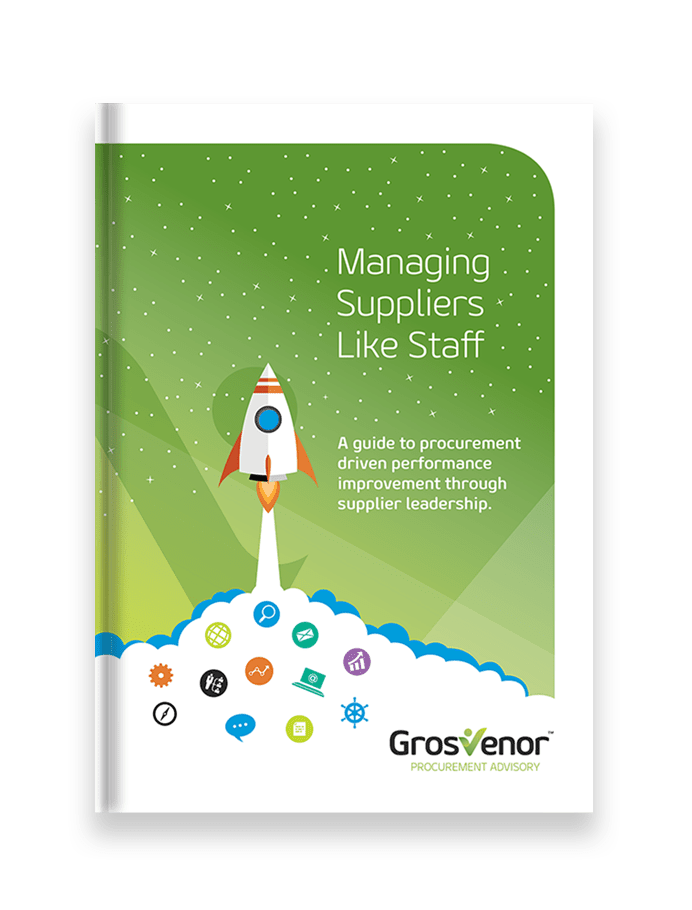10 Questions To Assess Contract Management Capability

Contract management capabilities – a self-assessment tool
The situation
Procurement’s involvement traditionally stopped after the contract was signed and handed to the operational team in the business. Deeper involvement throughout the life-cycle of a contract, including health checks and relationship management, is still rare.
This is problematic as procurement capabilities of staff outside the procurement team is generally low. In the 2014 CPO study, we found that capabilities of outplaced staff were at 45% in the public sector, at 40% in Industry and at a low 31% in the Services sector. This means contracts do not deliver the value promised during the sourcing process, a high level of contract leakage, scope creep and budget blowouts.
How to assess your contract management capabilities
An assessment of your current capabilities is the first step to improving your contract management capabilities. Here are 10 questions contract managers should ask themselves to baseline their current skill set and prioritise areas of improvement.
1. Do I have a clear understanding of what’s required of me and others? 0 (never) to 5 (always)
Without a clear understanding of what’s required, it is difficult to understand where you need to go.
2. Do I feel like I have appropriate knowledge and experience to manage this contract? 0 (never) to 5 (always)
Many contract managers ignore issues because “I don’t know what I don’t know”.
3. Do I have access to helpful tools (such as templates, manuals, etc)? 0 (never) to 5 (always)
You want highly paid contract managers to efficiently spend their time on administration.
4. Does the management of my contract follow a clear and documented plan? 0 (never) to 5 (always)
The old saying is that if you fail to prepare, you prepare to fail.
5. Is it clear how to communicate with the supplier? 0 (never) to 5 (always)
Clear communication protocols, including formal meetings and a single point of contact at the supplier, mean molehill issues can be dealt with before they become mountains.
6. Does our supplier have a deep understanding of our organisation and what we need from them? 0 (never) to 5 (always)
You’ll get most value from partners who “get” you because they understand your business.
7. Do we receive useful reports from our supplier? 0 (never) to 5 (always)
If they are an inch thick and printed off, they probably aren’t helping you run your business.
8. Are performance measures in place so that you know if the service provider is doing a good job? 0 (never) to 5 (always)
A small number of performance indicators helps you focus. Spend your time improving performance, not measuring it.
9. Do we proactively manage risk through a documented risk register with actions assigned and monitored? 0 (never) to 5 (always)
Too many managers spend their time putting out fires. How many of those fires would never have started with good risk management practices?
10. How much of the value that your organisation anticipated at the beginning of the contract do you think it has actually received? 0 (none) to 5 (full)
Throughout the sourcing process, someone made promises about what the business would get. When you’re spending significant money, you want the confidence that the results are obtained.
What’s next?
We recommend that any areas with a score lower than 3 should receive attention. For example, they can be addressed through targeted contract management training and clear instructions in the contract management manual.
Most importantly they need to be front of mind when developing contracts, so that the contract document supports the management of the contract. In this way you can work with the business to upskill the people and allow your procurement team to demonstrate its strategic value.









 We are all about sharing our expertise to help you and your organisation be the best it can be.
We are all about sharing our expertise to help you and your organisation be the best it can be.